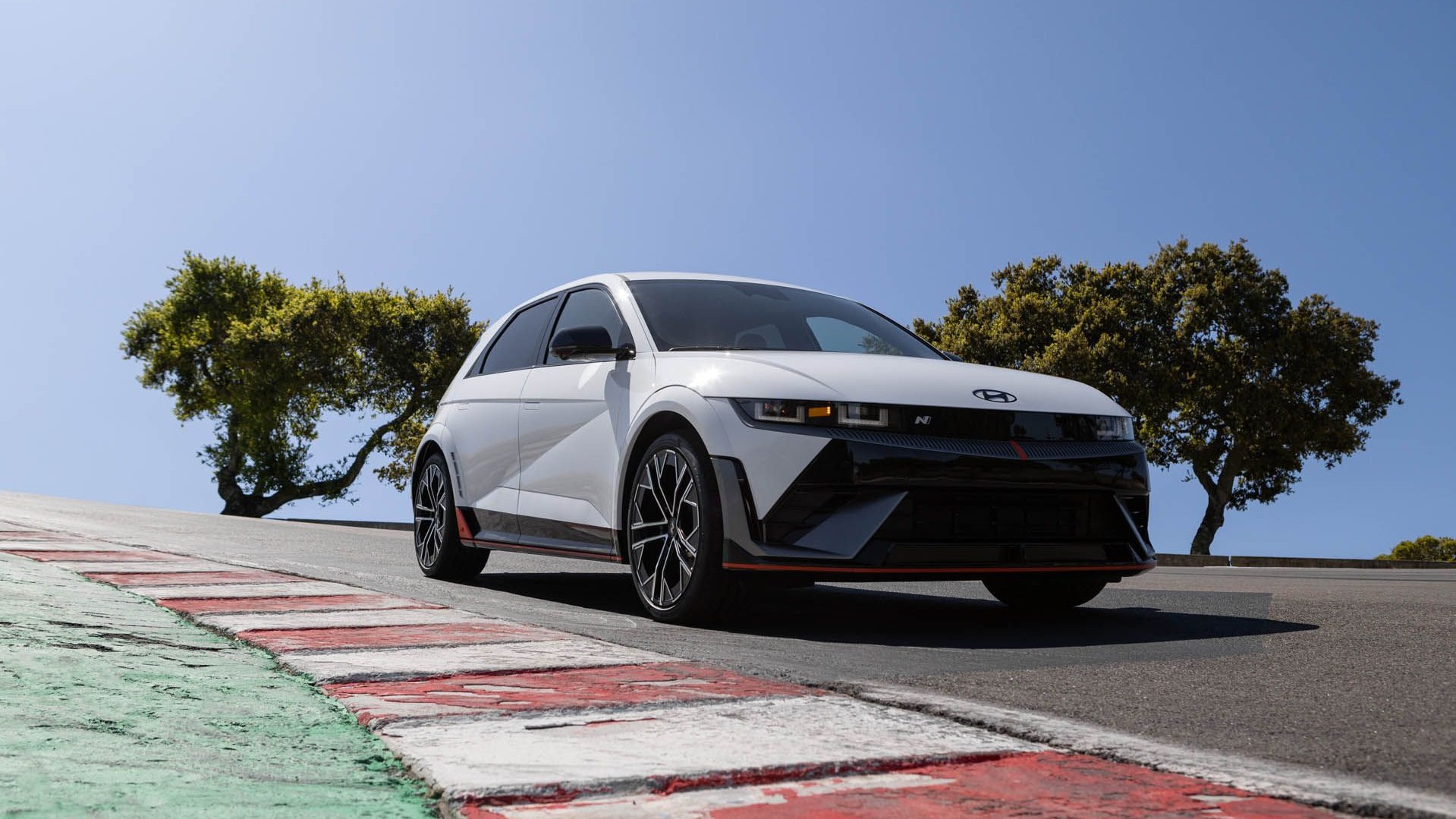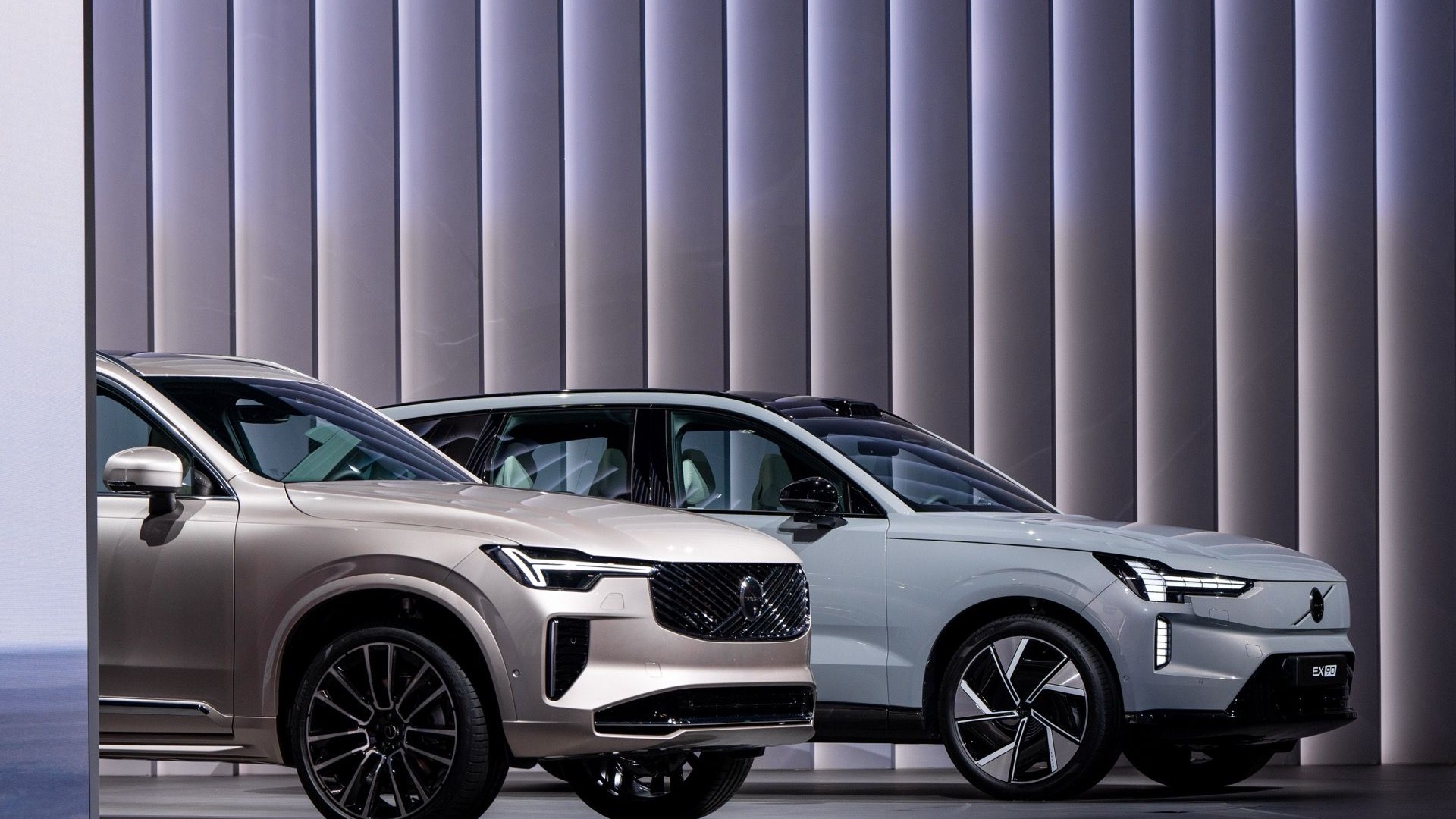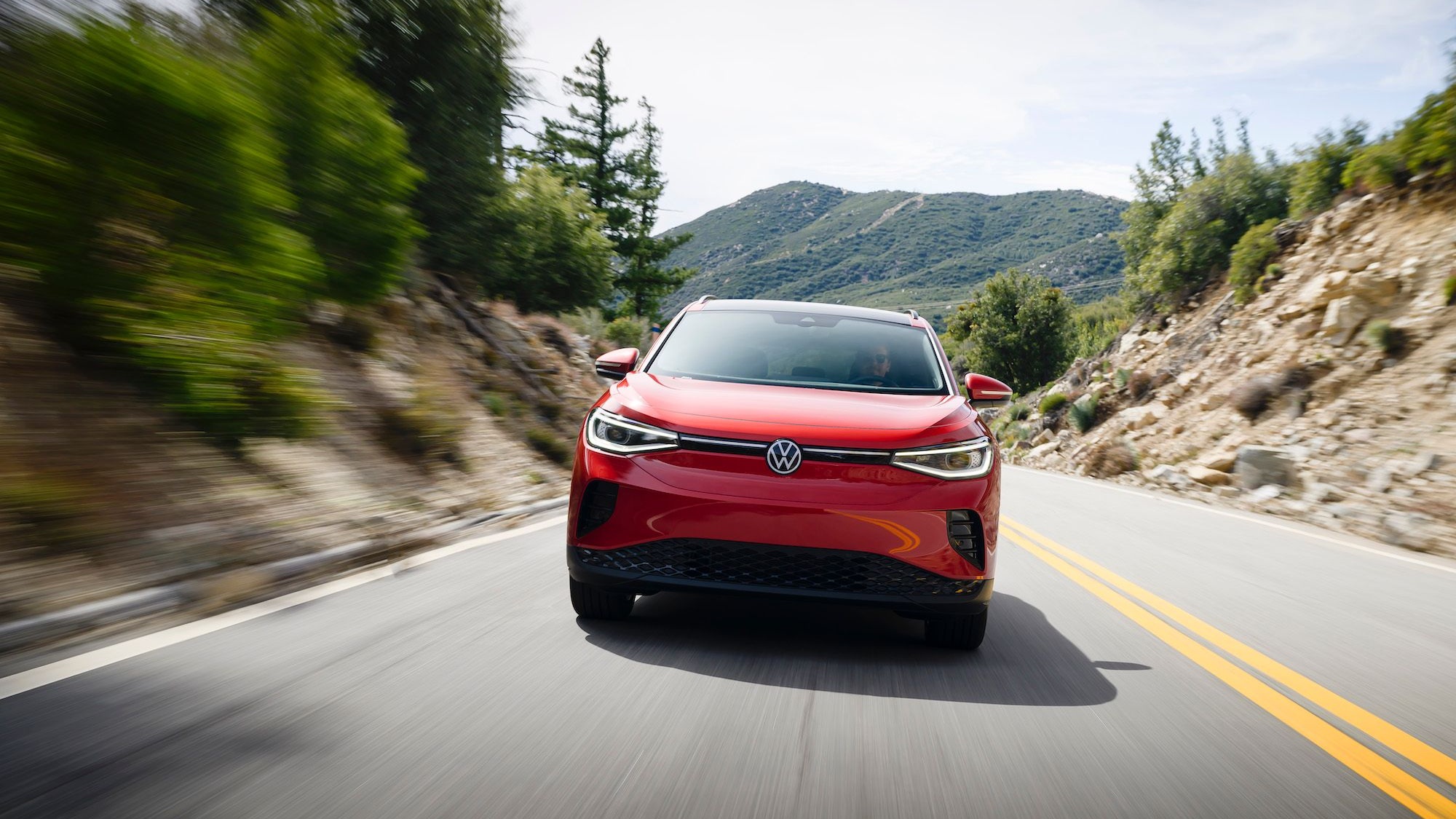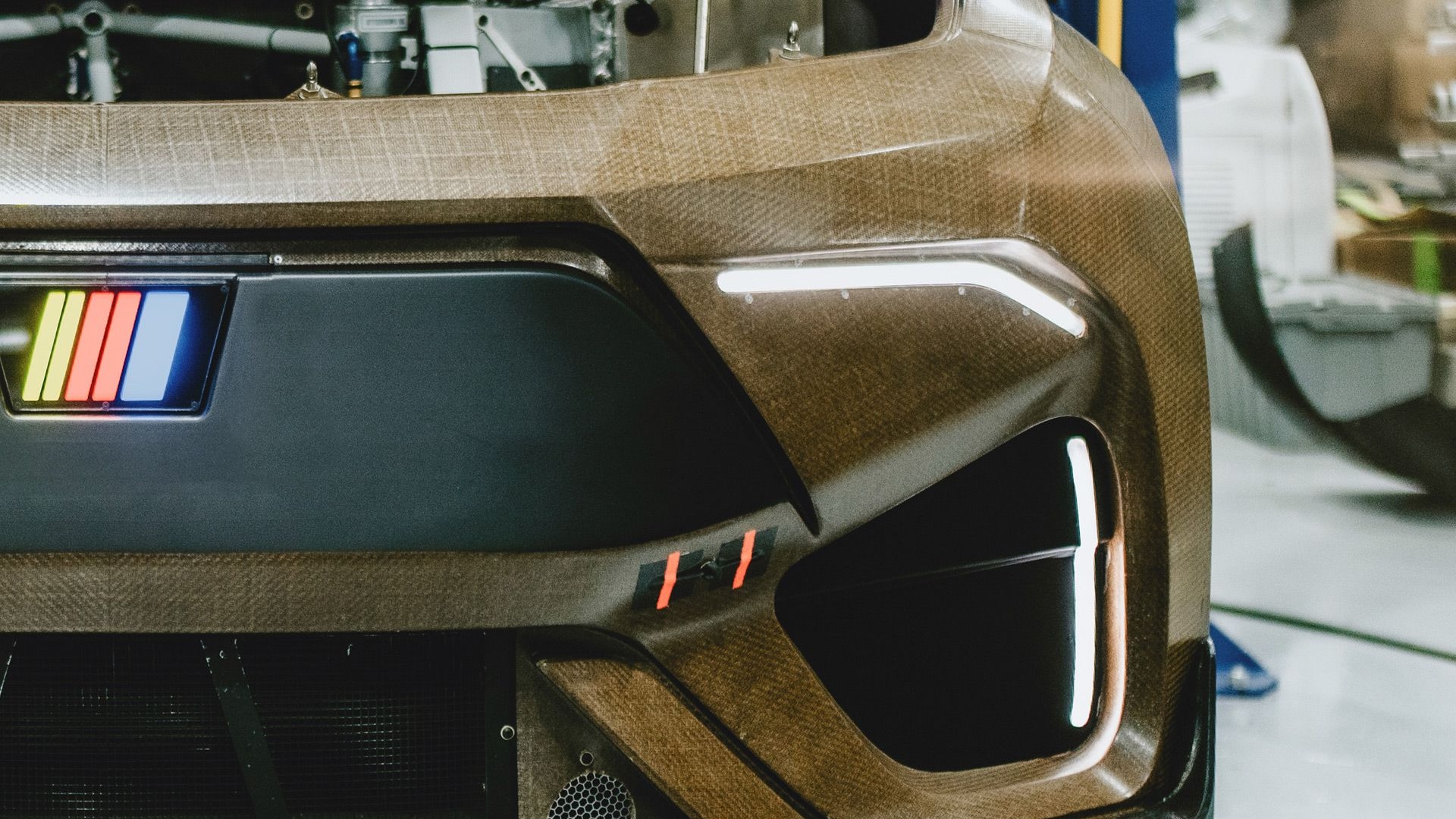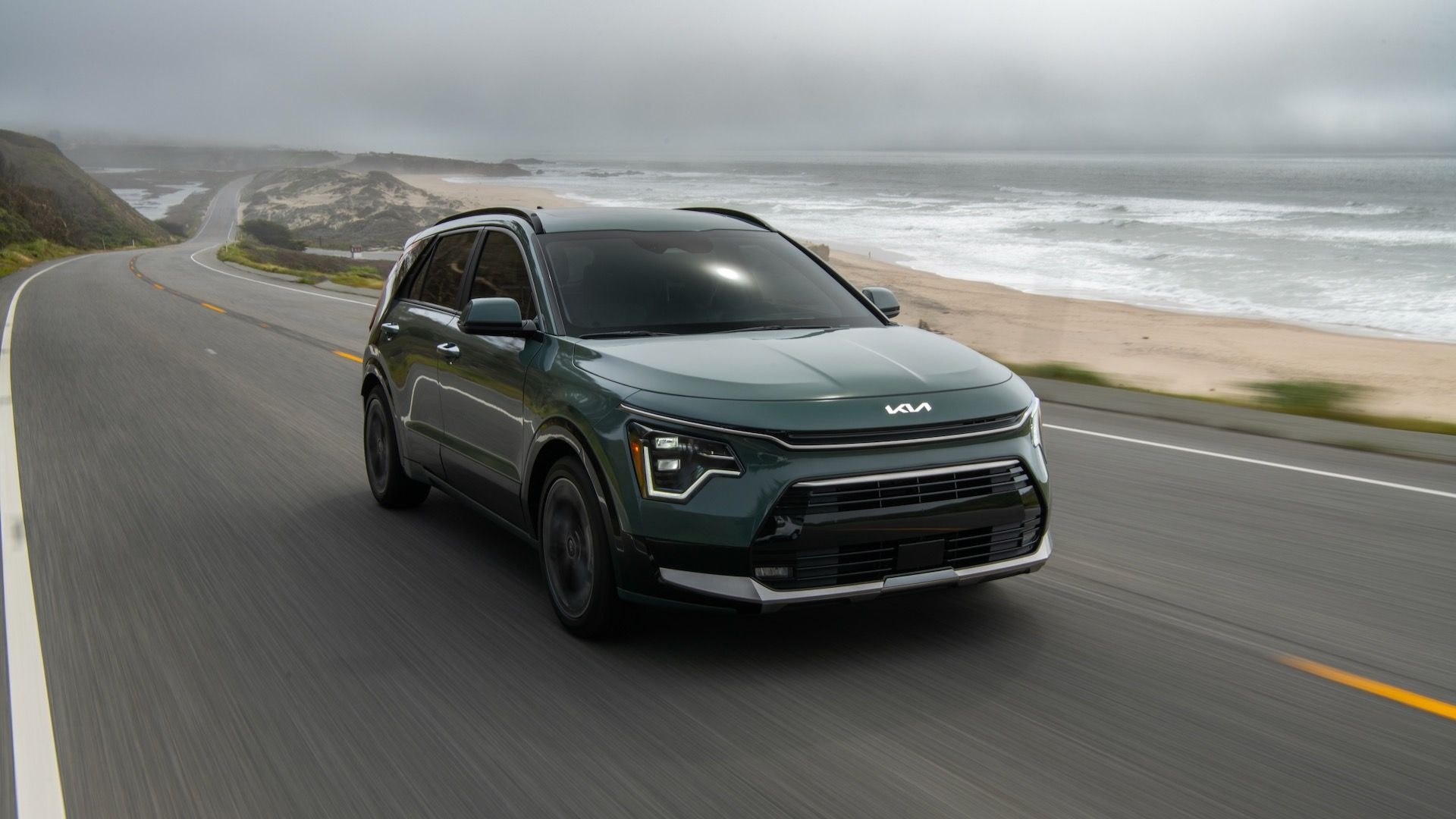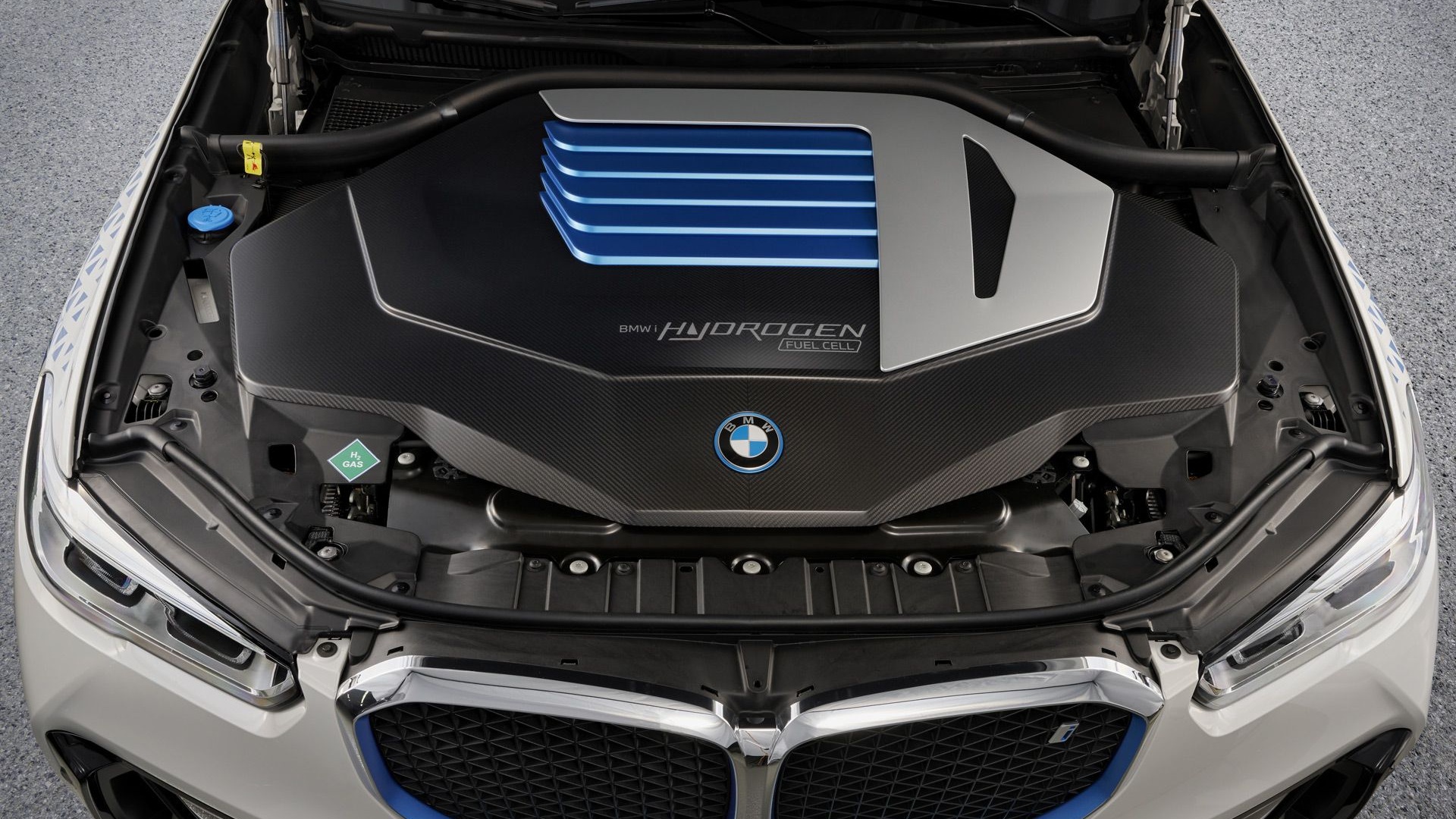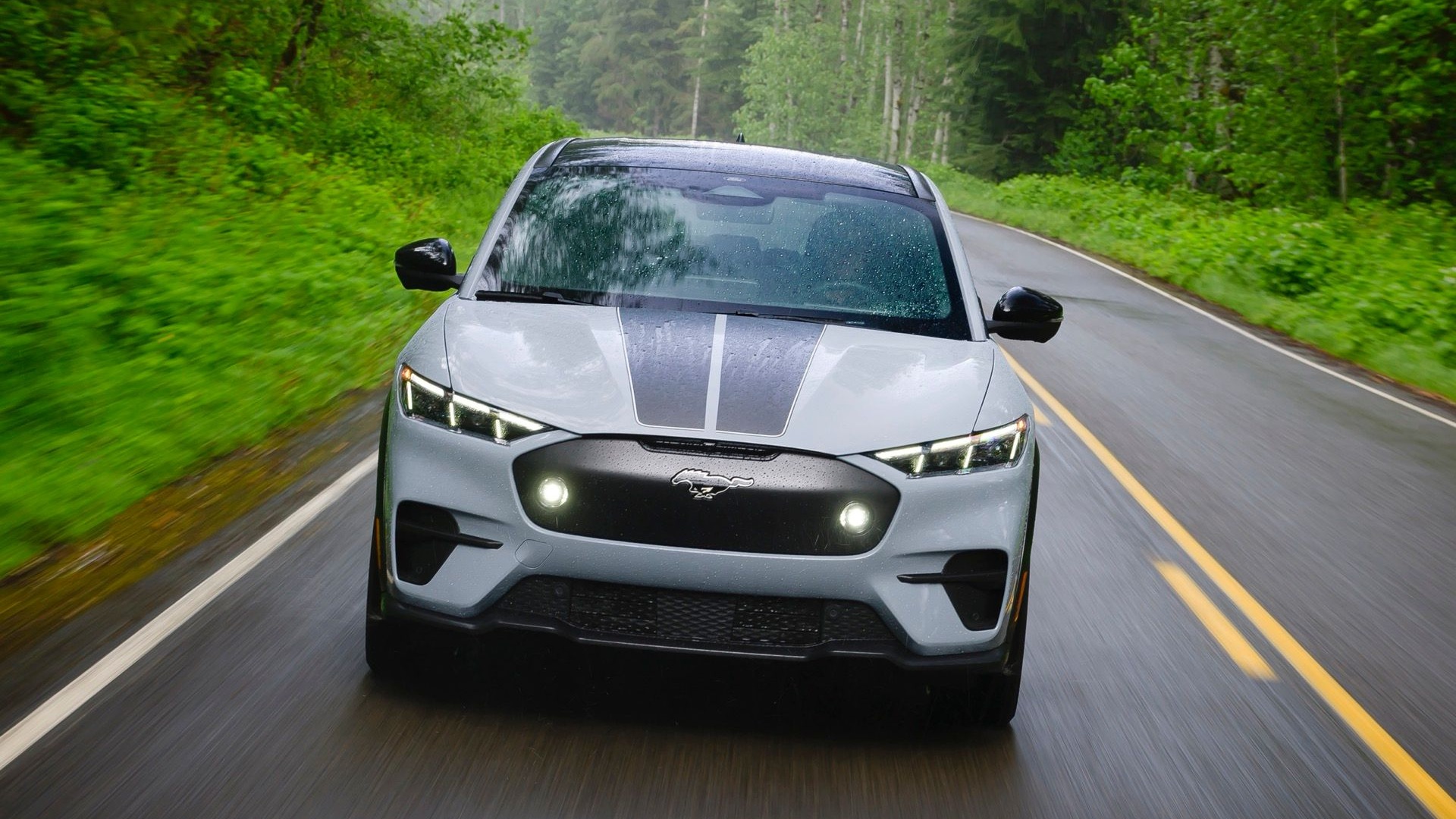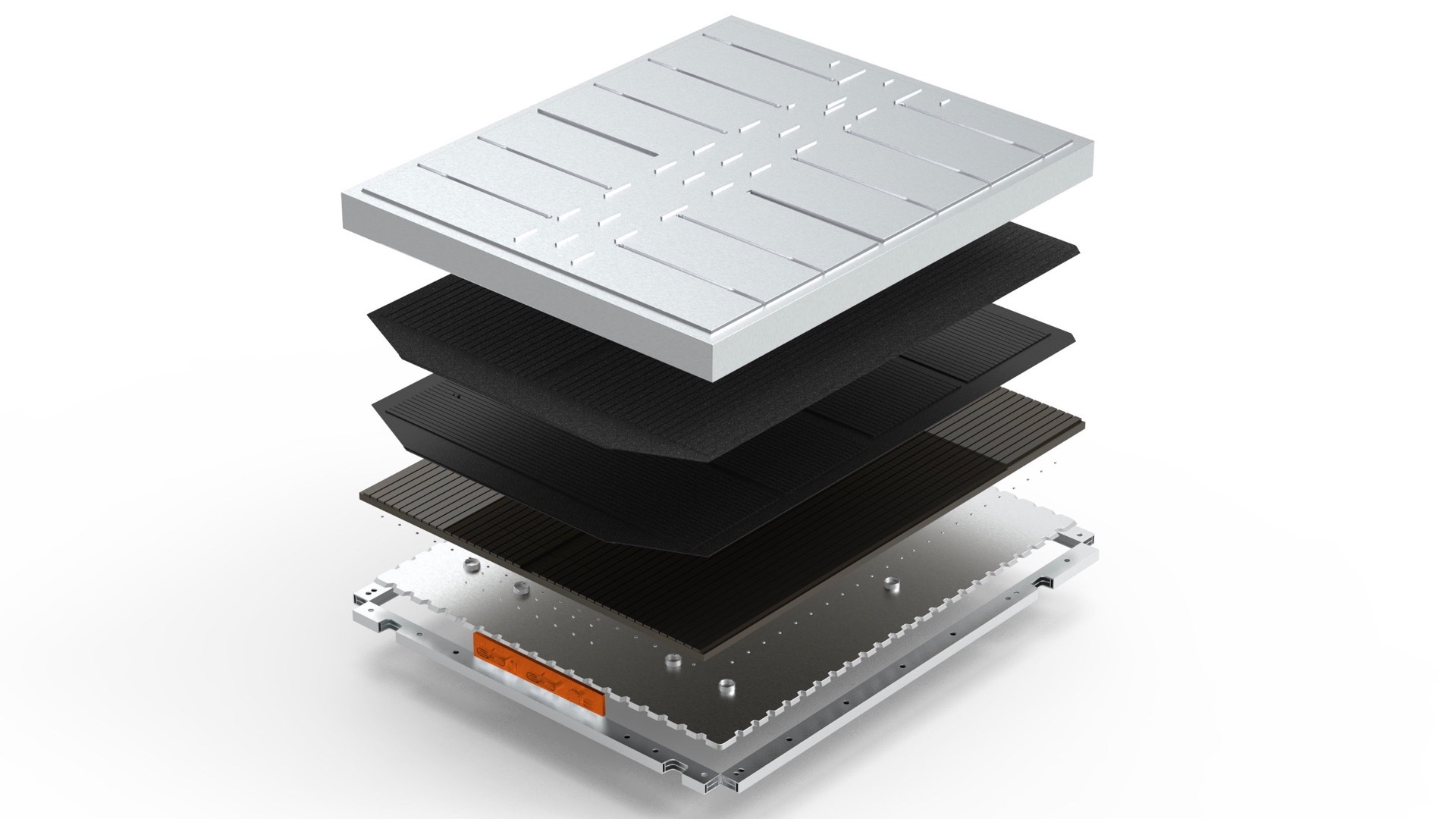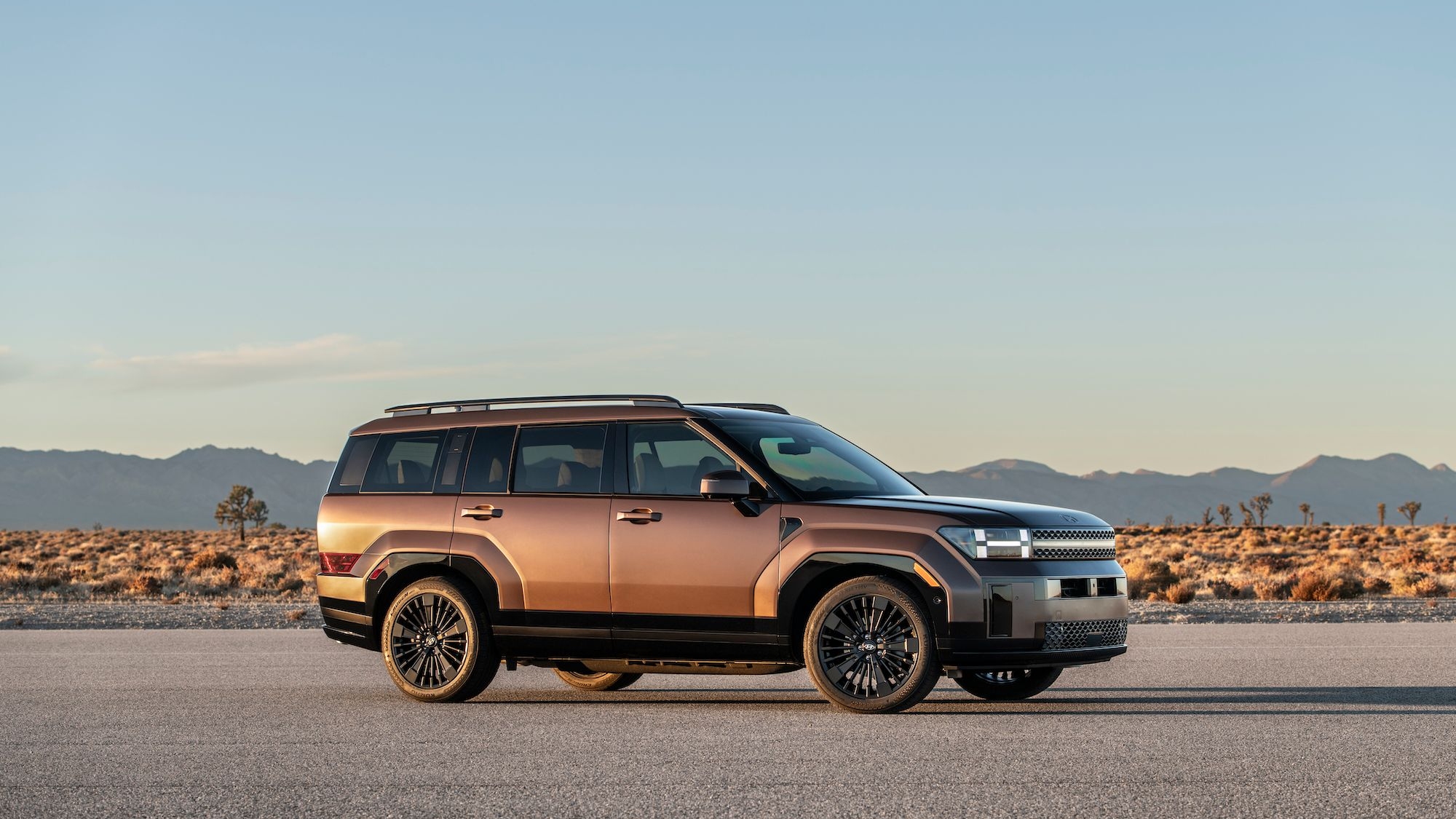Electric cars and plug-in hybrids outsold non-hybrid internal-combustion cars in China—the world's largest new-car market—in July, reports Reuters.
Sales of plug-in cars increased 37% last month from the same period a year earlier, reaching a record 50.7% market share, according to the report, which cites data from the China Passenger Car Association.
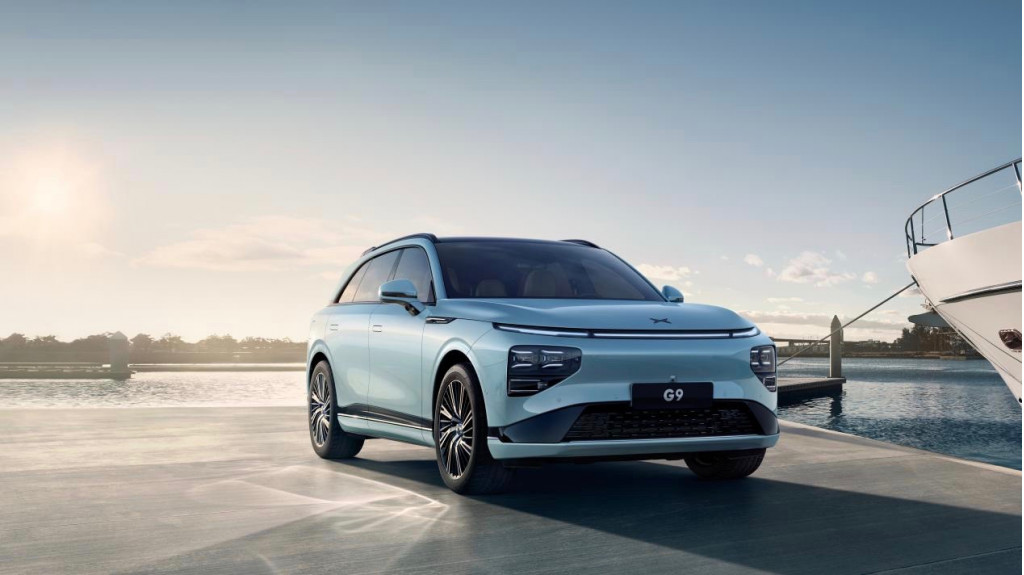
Xpeng G9
EVs and plug-in hybrids—collectively referred to as "new energy vehicles" (NEVs) in the Chinese industry—have sold well over the past decade due to generous government incentives, but those sales took an even greater leap forward recently. NEVs accounted for just 7% of total car sales in China three years ago, Reuters notes, attributing recent sales growth to heavy investments in EV supply chains that have reinforced domestic automakers.
Increased sales of EVs and plug-in hybrids are also occurring during an overall downturn in the Chinese new-car market. The July sales growth came after 28.6% growth in June, according to Reuters. EVs specifically saw sales increase 9.9% in June and 14.3% in July. But overall Chinese car sales fell 3.1% last month, the fourth month in a row in which sales have declined.
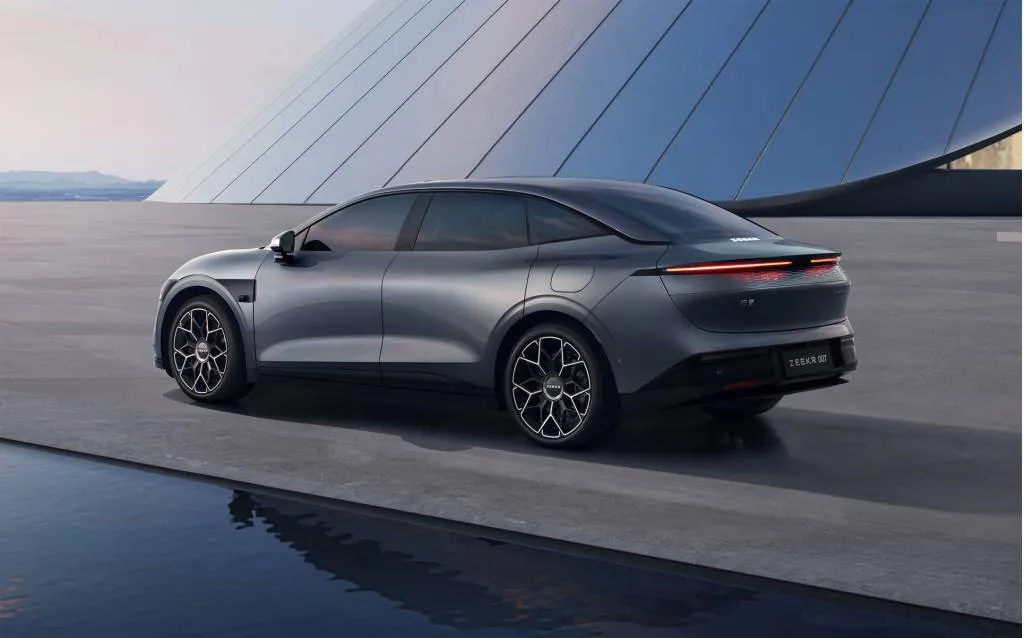
2024 Zeekr 007
While China counts all-electric vehicles and plug-in hybrids together, there is an important distinction between the two when it comes to predicting lifetime carbon emissions. If plug-in hybrids aren't plugged in, they will add to oil demand just like gasoline cars.
Meanwhile, EVs and hybrids accounted for 18% of the U.S. vehicle market in the first quarter of 2024, according to the Energy Information Administration. Steep tariffs are keeping Chinese automakers from bringing their EVs and plug-in hybrids to this market, something that's unlikely to change regardless of the outcome of this year's presidential election.
